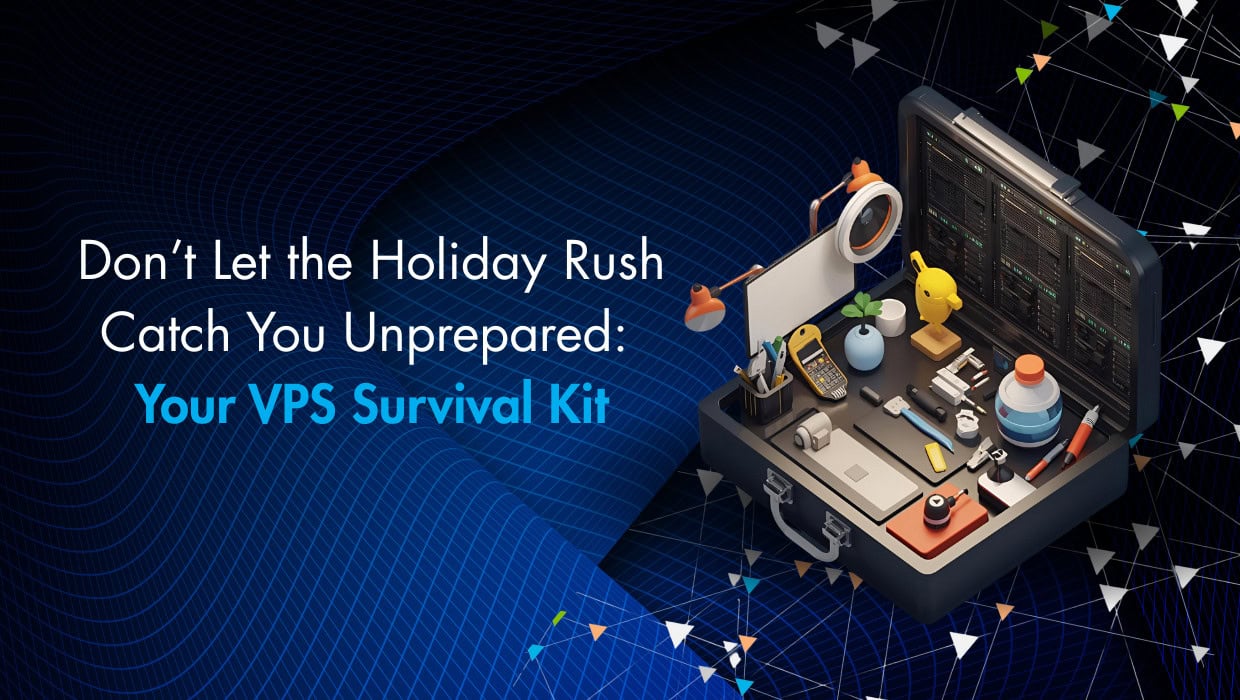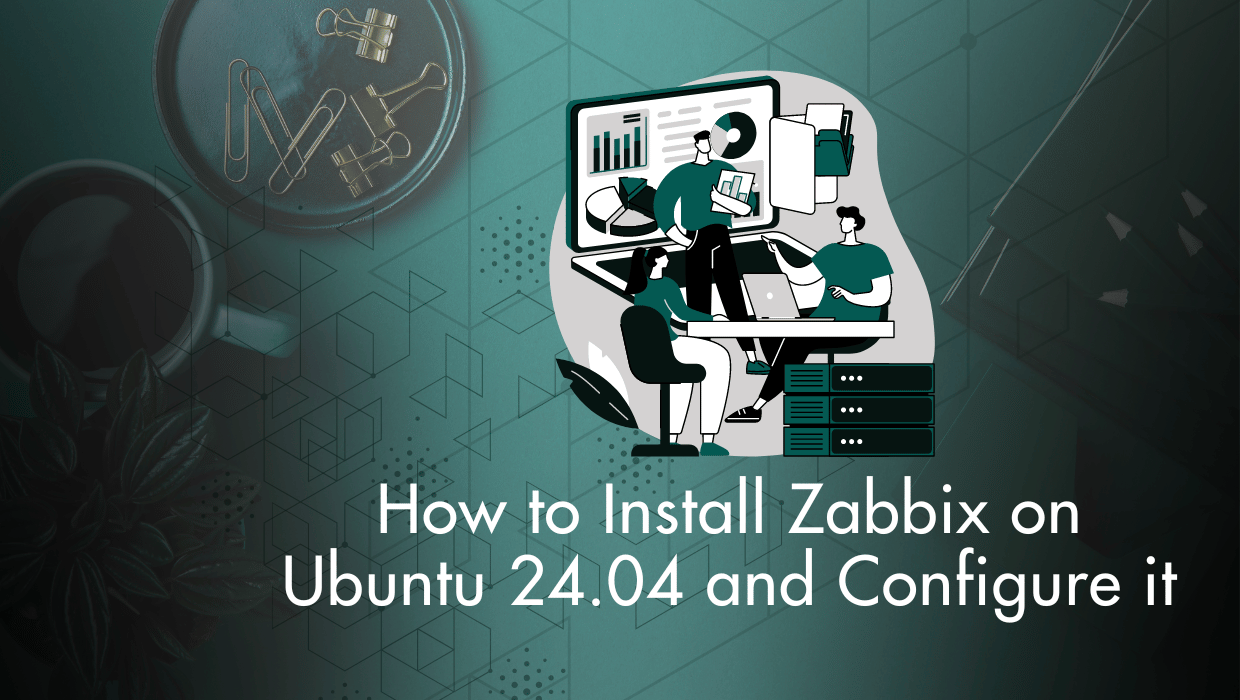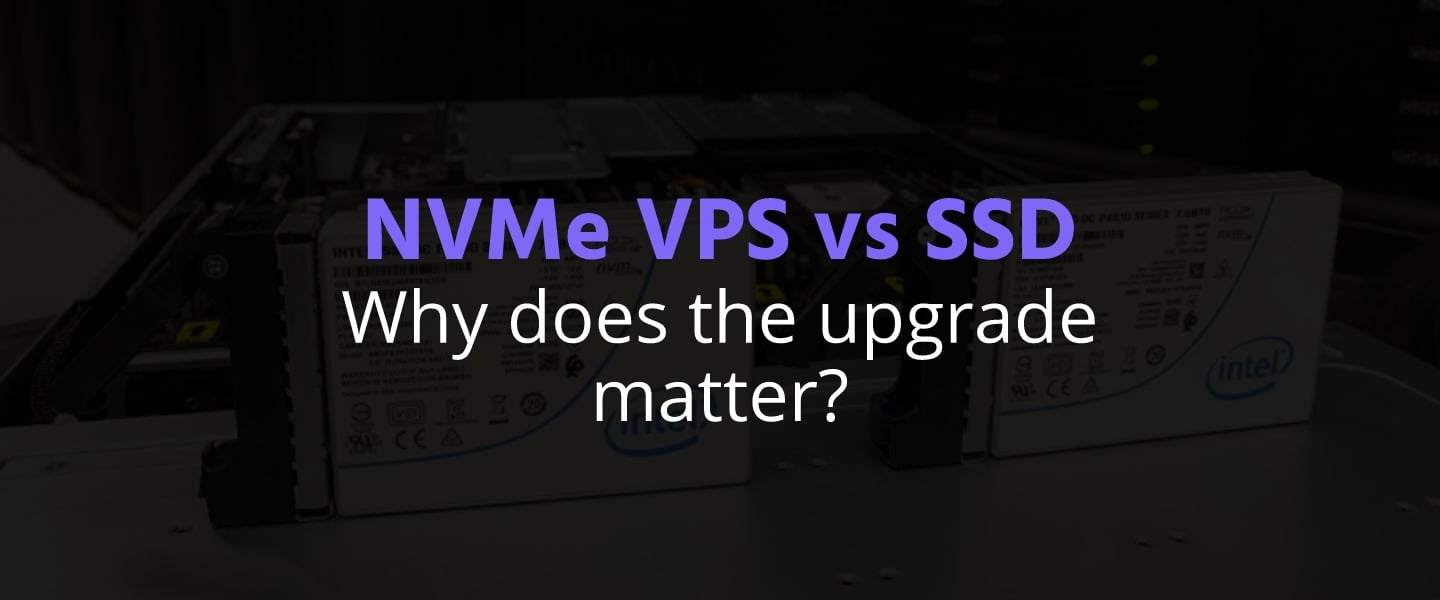The holidays are coming. You know what that means?
Traffic spikes, last-minute deployments, and the nagging fear that something will break at the worst possible time.
Maybe you're running an e-commerce site that's about to get hammered with Black Friday traffic.
Or you're managing client servers that absolutely cannot go down during the busiest shopping season of the year.
Either way, the last thing you need is a 3 AM emergency because you didn't prepare.

This guide gives you the essential tools and strategies to keep your VPS infrastructure solid through the holiday chaos. Think of it as your holiday survival kit for keeping servers up when you're checked out.
We'll cover monitoring, security hardening, automation, and backup strategies that actually work when things go sideways.
Plus, we'll talk about why now is the perfect time to lock in your hosting costs for 2025. Before Black Friday deals disappear and prices reset in January.
The Holiday Server Reality Check
Here's what happens every year: Traffic increases by 200-400% during shopping events. Sites that normally handle 5,000 daily visitors suddenly deal with 20,000.
Servers that cruise along at 20% CPU usage spike to 70%.
And that's just the legitimate traffic. Attackers know this is prime time too. Security scans increase. Login attempts multiply. Your server logs fill with probing attempts from bots looking for easy targets.
You need to be ready before the surge hits.
Essential Monitoring: Know Before Things Break
The first rule of holiday survival is simple: you can't fix what you can't see.
Most server disasters start small. A memory leak that slowly consumes RAM. A database query that gets slower each day. A log file that grows until it fills your disk.
If you catch these early, they're minor fixes. If you don't notice until your site goes down at midnight on Black Friday, you're in trouble.
Set Up Basic Monitoring
At minimum, you need to track:
- CPU usage: Sustained high usage indicates performance problems
- RAM consumption: Memory leaks will kill your server eventually
- Disk space: Running out of storage crashes everything
- Network traffic: Unusual spikes might indicate attacks or bot traffic
You don't need expensive monitoring solutions. Simple tools like htop should work fine:
# Check current resource usage
htop
# Monitor disk space
df -h
# Watch network connections
netstat -tulnFor something more automated, Linux server management tools like Netdata or Grafana can send alerts when things go wrong. The key is setting realistic thresholds, not so sensitive that you ignore false alarms, but not so loose that you miss real problems.
Why This Matters Now
With Black Friday approaching, this is the time to establish your baseline metrics. Run monitoring for a week or two under normal conditions. Then you'll know what "normal" looks like when holiday traffic hits.
And if you're planning to upgrade your SSD Nodes VPS servers or lock in better pricing during Black Friday sales, you'll have the data to choose the right specs based on actual usage patterns rather than guesses.
VPS Security Hardening: Lock Down Before the Rush
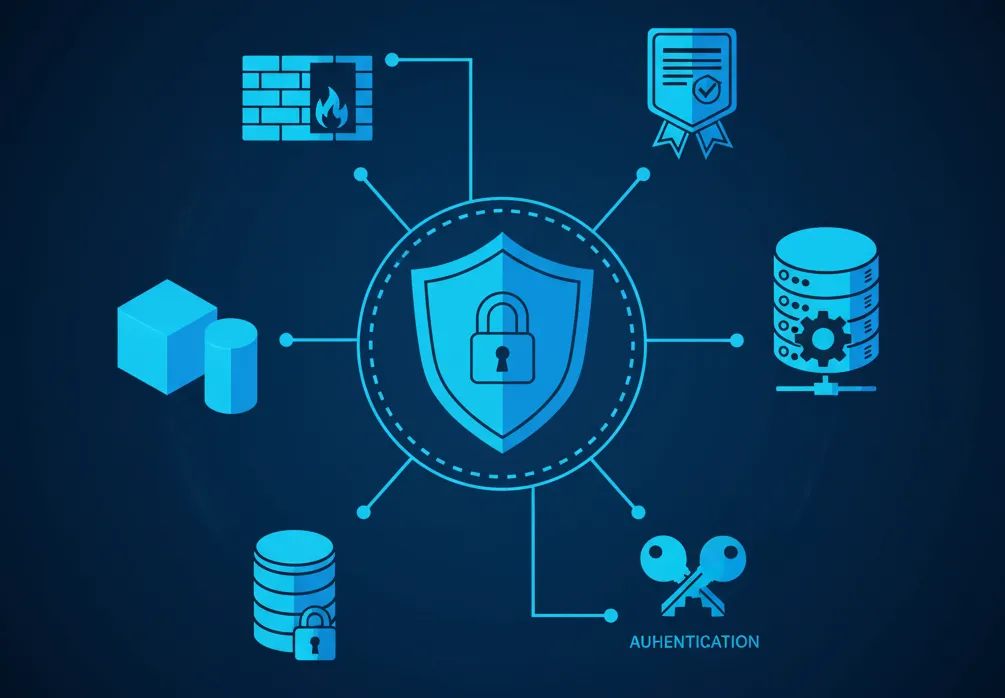
Security always matters, but the holidays make you a bigger target. More traffic means more attack attempts. More transactions mean more valuable data. More rushed deployments mean more chances to miss something.
Let's cover the essentials that stop 95% of attacks without requiring a security engineering degree.
Step 1: Update Everything Right Now
Seriously. Update your operating system, update your applications, update everything. Attackers exploit known vulnerabilities, and most of those vulnerabilities already have patches available.
For Ubuntu/Debian systems:
sudo apt update
sudo apt upgradeFor Rocky Linux/AlmaLinux/CentOS:
sudo dnf check-update
sudo dnf upgradeSet aside an hour this week to update your entire infrastructure. Test that everything still works. Do this before the holiday rush, not during it.
For more security tips, check out VPS Security: 6 Critical Steps to Secure Your VPS Servers
Step 2: SSH Keys Are Non-Negotiable
Password-based SSH logins are asking for trouble. Brute-force bots try millions of password combinations. Eventually, they might guess yours.
SSH keys eliminate this risk entirely. Generate a key pair, copy the public key to your server, disable password authentication.
This takes 10 minutes to set up, and saves you from countless attack attempts.
# Generate SSH key on your local machine
ssh-keygen -t rsa
# Copy it to your server
ssh-copy-id user@your-server-ipOnce you've verified the key works, disable password logins.
For more, check out Connecting to Your VPS with SSH and Improving SSH Safety.
Step 3: Configure Your Firewall
Every port you leave open is a potential entry point. Close everything except what you actually need.
If you're comfortable with command-line tools, nftables gives you complete control. But honestly? Most people don't need that complexity, especially during crunch time.
SSD Nodes offers a dashboard-based Advanced Firewall that handles this without SSH commands. You create rule groups, define what traffic to allow or block, and apply them to your servers. It's $2/month and processes rules at the network level before traffic even hits your VPS.
For a basic web server, your rules might look like:
- Allow TCP port 80 (HTTP) from anywhere
- Allow TCP port 443 (HTTPS) from anywhere
- Allow TCP port 22 (SSH) from your office IP only
- Drop everything else
The key is specificity. Don't leave SSH open to the entire internet if you only connect from known locations.
Step 4: Deploy fail2ban
fail2ban watches your server logs for repeated failed login attempts, then automatically blocks the offending IPs. It's incredibly effective against brute-force attacks.
Installation is straightforward:
# Ubuntu/Debian
sudo apt install fail2ban
# Rocky Linux/AlmaLinux
sudo dnf install epel-release
sudo dnf install fail2ban
# Start the service
sudo systemctl start fail2ban
sudo systemctl enable fail2ban
The default configuration works well, but you can customize ban times and retry limits in /etc/fail2ban/jail.local. Once running, fail2ban quietly blocks thousands of attack attempts without any intervention from you.
VPS API Automation: Your Secret Weapon
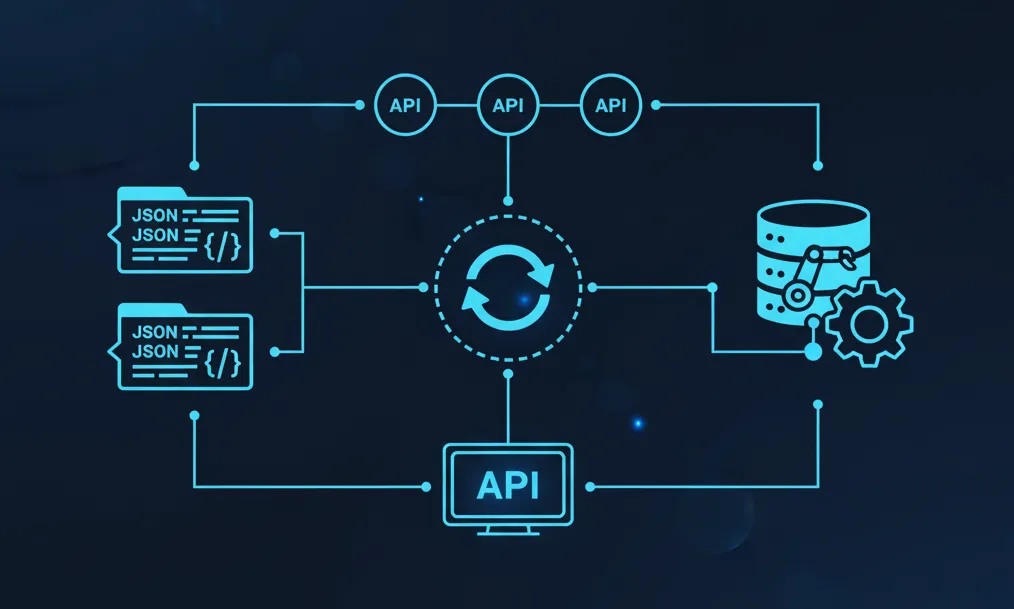
Manual server management doesn't scale. When you're managing multiple servers or dealing with holiday traffic, automation through the SSD Nodes API saves you hours and prevents mistakes.
Automate Deployments
If you're still manually managing your servers, you're wasting time and risking errors.
The SSD Nodes VPS API gives you programmatic control over your infrastructure. Start, stop, restart servers. Deploy operating systems. Install applications from the 1-Click catalog. Create and restore snapshots. All through simple REST API calls.
# Example: Restart a server programmatically
• curl -X POST https://api.ssdnodes.com/servers/YOUR_SERVER_ID/action/restart \
-H "Authorization: Bearer YOUR_TOKEN"This is particularly valuable during the holidays when you might need to scale quickly or recover from issues without manually clicking through dashboards.
The VPS API is a $2/month add-on that can integrate with automation tools like n8n or custom scripts. You can build deployment pipelines, automated testing environments, or disaster recovery systems that respond to problems without your intervention.
Complete API documentation and examples
Automate Backups
Here's a nightmare scenario: Your database corrupts during a holiday sale. You lose customer orders. You have no backup.
Don't let this happen.
Automated snapshots capture your entire server state. If something breaks, you restore to a known-good configuration in minutes. SSD Nodes provides automated daily snapshots that run without manual intervention.
But don't just set it and forget it. Test your backups. Verify you can actually restore from them. Do this before the holidays, not during a crisis.
For critical data, consider multiple backup strategies:
- Automated server snapshots for complete system recovery
- Database-specific backups for granular data restoration
- Off-server backups for disaster recovery scenarios
Performance Optimization: Speed Matters More During Peak Traffic
When traffic increases, every inefficiency gets amplified. A database query that takes 200ms under normal load might take 2 seconds when you're handling 10x the traffic.
Optimize Your Database
Slow database queries are the most common performance killer. Before the holiday rush, profile your queries and optimize the worst offenders.
# Enable MySQL slow query log
• slow_query_log = 1
• slow_query_log_file = /var/log/mysql/slow-query.log
• long_query_time = 2Review the log, identify slow queries, add appropriate indexes. This single optimization can dramatically improve performance under load.
Implement Caching
Regenerating the same content for every visitor wastes resources. Cache aggressively the following:
- Page caching: Store rendered pages and serve them directly
- Object caching: Cache database queries with Redis or Memcached
- CDN caching: Offload static assets to a content delivery network
Even basic caching can reduce your server load by 60-80%.
Monitor Resource Usage
Use the monitoring you set up earlier to identify bottlenecks before they become problems. If you notice CPU consistently hitting 80%, you might need to optimize code or upgrade your server.
Speaking of upgrading, Black Friday is the ideal time to lock in better specs if you need more capacity. The price differences can be dramatic. An 8GB server that costs $576/year at most providers runs $101/year with SSD Nodes. Over three years, that can be $1,476 in savings.
The Black Friday Advantage
Here's something most people don't think about: hosting costs compound over time.
Save $400 on hosting this year, and that's $400 saved. Lock in those savings for three years, and you're looking at $1,200+ in total savings. That's real money that goes to development, marketing, or infrastructure improvements instead of inflated hosting bills.
SSD Nodes already offers the industry's lowest VPS pricing. Sometimes 70-90% below competitors for identical specs. But Black Friday takes those prices even further.
This happens once yearly. If you're planning any infrastructure changes for 2025, timing your purchase for Black Friday means locking in the year's best rates. The prices stay fixed for your entire term. No surprise increases, no price adjustments.
The math is straightforward: A 16GB server that costs $1,152/year elsewhere runs $159/year at regular SSD Nodes pricing. That's already an 86% savings. Black Friday discounts will push that even further.
Your Pre-Holiday Checklist
Here's what you need to do before the holiday rush hits:
Security:
- ☐ Update all system packages and applications
- ☐ Set up SSH keys and disable password authentication
- ☐ Configure firewall rules (close unnecessary ports)
- ☐ Install and configure fail2ban
- ☐ Enable two-factor authentication on your dashboard
- ☐ Review database access controls
Monitoring:
- ☐ Set up resource monitoring (CPU, RAM, disk, network)
- ☐ Configure alerts for critical thresholds
- ☐ Document your baseline metrics under normal load
- ☐ Test alert notifications actually reach you
Backups:
- ☐ Enable automated snapshots
- ☐ Verify you can restore from backups
- ☐ Document your restoration procedure
- ☐ Set up off-server backup copies for critical data
Performance:
- ☐ Optimize database queries
- ☐ Implement caching where appropriate
- ☐ Load test your applications
- ☐ Identify and fix bottlenecks
Automation:
- ☐ Set up API access for programmatic control
- ☐ Create deployment scripts for common tasks
- ☐ Build automated recovery procedures
- ☐ Test your automation actually works
Capacity Planning:
- ☐ Review current resource usage
- ☐ Calculate expected holiday traffic increases
- ☐ Plan upgrades if needed
- ☐ Watch for Black Friday hosting deals
The Bottom Line
Holiday server management doesn't require expensive enterprise tools or a dedicated DevOps team. You need solid fundamentals: monitoring that catches problems early, security that stops obvious attacks, automation that handles repetitive tasks, and backups that actually work.
Implement these strategies now, while things are calm. Test everything. Verify it works. Then when Black Friday traffic hits, you're prepared instead of panicking.
And about that Black Friday timing: if you've been thinking about upgrading servers, adding capacity, or just locking in better pricing for the year ahead, the next few weeks here at SSD Nodes will hold something that is unmatched in the VPS market. Check out our deals here.
A note about tutorials: We encourage our users to try out tutorials, but they aren't fully supported by our team—we can't always provide support when things go wrong. Be sure to check which OS and version it was tested with before you proceed.
If you want a fully managed experience, with dedicated support for any application you might want to run, contact us for more information.
